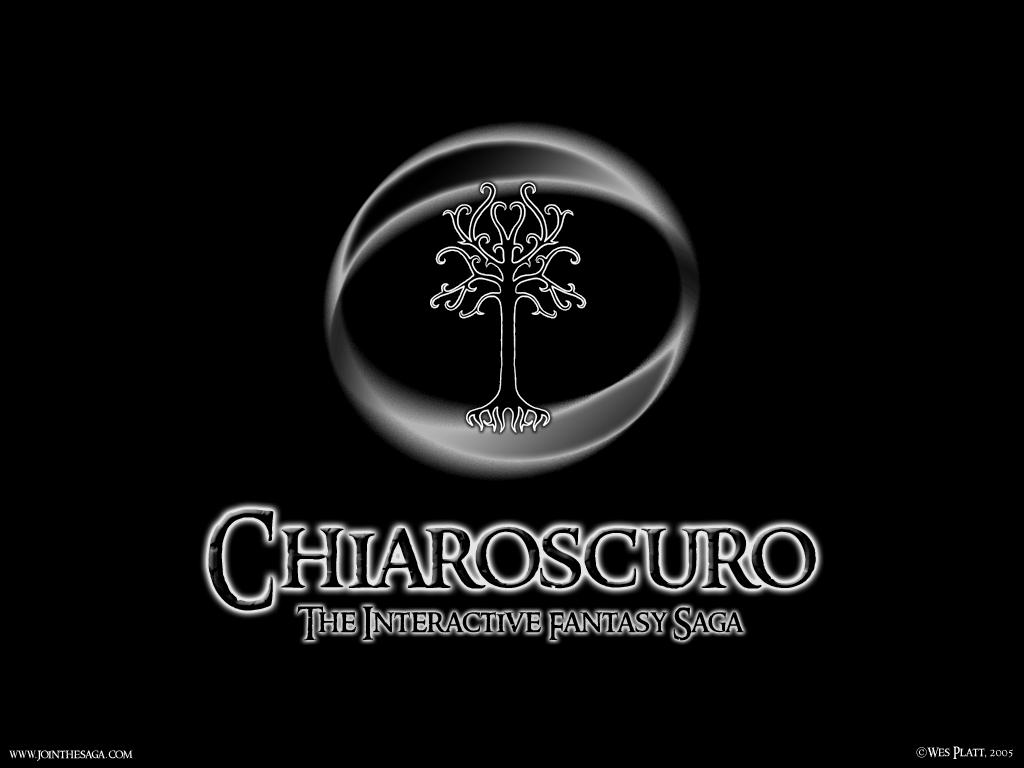Emperor / Empress
The highest title in Fastheld is, of course, Emperor or Empress, and are Sovereign(s) or Supreme Monarch(s) of the Empire, with a title of dignity superior to that of King. The Emperor/Empress is known formally as “Your Majesty,” and “His/Her Imperial Majesty”, “His/Her Royal Majesty”, and “Your Grace”.
Duke / Duchess
The next rank is that of Duke/Duchess. The wife of a Duke is a Duchess. In cases where a Duchess holds the title in her own right, her husband would not automatically share the title.
A Duke or Duchess is called “Your Grace” by Freelanders and those of lower socio-political ranking. Friends and social acquaintances might call them “Duke” or “Duchess,” or by whatever name the individual involved favors. The titles of Duke and Duchess are held only by a select few in Fastheld. The title is reserved for the Matriarch/Patriarch of one of the six Noble Houses.
Marquis / Marchionette
Below the Dukes and Duchesses are the Marquis and Marchioness. Freelanders would call this couple “Your Lordship” or “Your Ladyship.” Children of a Marquis are known by the honorifics “Lord Firstname” and “Lady Firstname.”
The title of Marquis and/or Marchioness is granted to those who are within the Duke’s inner circle of advisors, and serve a special role. The head of the House Knights would be a Marquis or Marchionette, as would the lead of a House fleet. Former Dukes and Duchesses may also lay claim to the title as an honorific.
Earl / Contessa
Roughly equivalent to a Marquis or Marchionette is the Earl and Contessa. It is reserved for only two members of any noble House, and would be referred to as “Your Lordship” or “Your Ladyship.”
The title of Earl or Contessa is granted to the members of the nobility who serve as, essentially, the vice-duchy. Landholdings are not a prerequisite, but most Earls and Contessas will hold it. They answer directly to the Duke/Duchess.
Count / Countess
Just below the Earl and Contessa are the Count and Countess. More numerous, these would be referred to by a Freelander as “Milord” or “Milady”.
The title of Count/Countess is bestowed by the Duchy upon trusted individuals, as well as any landholdings. The county is expected to govern a township, or raise militia for the House from within a castle.
Viscount / Viscountess
The title of Viscount/Viscountess is the first step in the socio-political ladder. Freelanders would refer to the couple as “My Lord/Lady” or “Your Lordship/Ladyship.” The Viscount’s friends will likely use his surname for formal greetings, for example Viscount Seamel, and his first name for informal greetings, such as Viscount Bob.
In addition to the formal use of their title, this couple might be referred to as Lord or Lady Seamel. Children of Viscounts are “Honorables,” an address used only in writing.
The Viscount and/or Viscountess title is granted by the Duchy to those who have performed a service to the House, either by aiding in military or financial ventures, or by running a manor, small keep or small village that turns out a profit in service to the House. The key is service.
Baron / Baroness
The term “Baron” is widely used in Fastheld. They are the ubiquitous Lord Surnames, granted to all Nobles by fact of being Nobility, regardless of their social standing.
A Baron’s wife is a Baroness, and is referred to as Lady. Freelanders would refer to the couple as “My Lord/Lady” or “Your Lordship/Ladyship.” Nobles of higher socio-political standing would merely use their full name and title – Baron Duhnen Seamel, or just Baron – by way of greeting, without insult.
All Nobles are essentially a Baron or Baroness, as awarded by the sheer nature of being a Noble of Fastheld. Barons and Baronesses need not to have any land holdings to assume this title, and one can hold a manor while still being a Baron (though not a keep or castle, which must be granted by the Duchy).
Royal Knights and Noble Ranks
High-ranks in nobility and status as a Royal Knight are mutually exclusive from one another. The reason for this is that high noble ranks are afforded to those who act in service of their House, while the Royal Knight must act always in service to the Crown. One cannot do both.
The highest rank one can be and still be a Royal Knight is Count.

